Remembering the green-thumbed, ‘ineffable’ Brian Hill, ’19
Brian Hill, ’19, had many passions and talents — video production, law, politics, social justice, art, music, the list goes on. Among them, one quality distinct to Brian was his green thumb.
“He was so passionate about plants,” Sophia Stabley, ’19, Brian’s girlfriend, said. “One of his dreams for when we bought a house together was that he wanted to have something like a ‘plant hospital,’ where he would just take peoples’ plants and bring them back to life.”
A Cincinnati native, Brian was uniquely suited for the process of rescuing plants. Friends, family and members of the Allegheny community remember him as a kind, loving and selfless person who breathed life into those he encountered.
“He was always building people up and caring for people, whether it be in a physical form or emotionally,” Stabley said. “He was always there for people and showed up — I never met somebody who showed up so much for people.”
Brian died unexpectedly on March 26, 2020, after suffering a pulmonary embolism. Typically, this medical event is caused by blood clots that travel to the lungs from veins in other parts of the body.
Amidst a pandemic in which people were forced to be physically distanced, those closest to him like Jake Reidenbach, ’19, and Kelsey Ray, ’18, remember how his memory brought people together in ways they hadn’t seen before.
“That was the day or the moment that you really started to understand how many lives he affected,” Reidenbach said. “You just saw hundreds and hundreds of posts and texts and calls and stuff like that, like an outpouring of support, that I don’t think anybody really understood before that day. It’s just sad that he wasn’t able to see it.”
As a recent Allegheny graduate, Brian had already begun serving his community by working with patients in the inpatient rehabilitation unit at UPMC Chautauqua and interning at the Robert H. Jackson Center.
Stabley said the patients he worked with felt like they had a friend in Brian, and that he was someone they could trust.
“That was the part he enjoyed most about the job,” Stabley said. “(The patients) loved him. They would play games, and I think they just genuinely trusted him.”
While a student at Allegheny, his involvement and impact on the community met no bounds. As a communication arts and political science double major, Brian worked on various Allegheny projects in and out of the classroom. River Branch, associate professor of communication arts, saw him as a “bridge for the production community.”
“I hired him as a (teaching assistant), because being a production TA, the most important facet to me is whether or not that person is going to make someone feel comfortable, whether they’re going to make someone feel welcome,” Branch said. “Brian was this point of inclusion, and I’m grateful for that.”
Breanna Garcia, ’20, met Brian after taking her first communication arts class during her sophomore year at Allegheny. She remembers Brian’s constant encouragement as she was learning about video production for the first time.
“He was probably the first person to really tell me, ‘you can do this, you’re talented at this,’ and so we really bonded over video editing,” Garcia said. “That’s when our friendship started, and it grew from there.”
And he never stopped encouraging Garcia throughout their friendship. Even as the COVID-19 pandemic began to take hold in the United States, Brian would send her text messages saying “you got this,” as she was finishing her Senior Comprehensive Project. Overall, she said he was always the person “that was going to check in,” whether about her work with video production or about anything else.
Brian had a natural ability to reach other people through his knowledge and work. In a filmic context, Branch said the many projects he completed were designed to generate conversation and change — he invited thoughtful, genuine and reflective analysis in every initiative he undertook.
“Brian’s commitments to issues of social justice came from his core, they were not by any means purely intellectual endeavors,” Branch said. “And yet, what came from his core he ground with rigorous intellectual inquiry and he ground in terms of the kind of work he was doing with me, with a rigor in terms of creative expression.”
Friends and peers were drawn to his intellectual energy. Sam Ianiro, ’19, met Brian after they both came onto the Allegheny football team as first-year students. After Brian stopped playing his sophomore year due to a concussion, Ianrio recalled a documentary Brian produced about his decision to leave the field.
“(The video) was really eye-opening for me to see,” Ianiro said. “Brian was very talented, and he had all this deep-rooted emotion that he channelled through his films.”
Reidenbach said Brian opened his mind to many different viewpoints on countless subjects. From their political science classes on campus to spending Thursday nights at The Other Place Penny Bar, Reidenbach said Brian was gifted at bringing people together.
“He could just connect with anybody whether he had anything in common with them at all — just the fact that he was eating (chicken) wings with them at Penny Bar on a Thursday night, and that was it,” Reidenbach said.
His enthusiastic personality was contagious, according to Reidenbach.
“(Brian) could get somebody to be passionate about something by just explaining it,” Reidenbach said. “His own passion would just rub off on you.”
One issue Brian was passionate about was prison reform. He played a large role in establishing Allegheny’s chapter of the Student Alliance for Prison Reform. The group, which strives to promote awareness of injustices in the criminal justice system, was awarded the Outstanding Organization Award in 2017 for its contributions to the Allegheny community.
SAPR has organized and sponsored events that raise awareness of the negative health effects linked to solitary confinement, in addition to conferences like “The Injustices of the Justice System,” which Shane Bauer, former senior reporter for Mother Jones, attended and spoke at.
Brian’s work with SAPR was consistent with the work of the Center for Political Participation, which he served as a fellow for. Students in the organization learn to address political, economic and social issues with interdisciplinary approaches.
“Brian was just terrific,” said Brian Harward, Robert G. Seddig Chair in Political Science and adviser to the CPP. “I was pleased that he was able to become a CPP fellow and help us run the Law and Policy Program.”
Harward said Brian played a large role in helping to design the Law and Policy Program, since it was being developed during his time as a CPP fellow. He showed true leadership in the club through planning town halls and inviting speakers to campus. Primarily, Harward remembers how Brian “just lights up a room.”
“He was a friend to all of us, and he just modeled kindness and generosity in everything that he did,” Harward said. “And he had ideas, and he was nimble in thinking about those ideas. He was clever, hard-working, and he just had so much promise … He’s precisely the kind of graduate we hope leaves this place.”
Brian was also an active member of Allegheny’s football team. He loved the game, according to Karol Vargas, ’19, who, along with Reidenbach, met Brian on the field as first-year members of the team. Vargas remembers Brian in many ways — one of which being a competitive and dedicated member of the team.
“I’ll never forget the first practice that we had,” Vargas said. “Brian was a huge guy, super talented and just really aggressive on the field, but also a really nice guy overall. My first interaction with Brian was just watching him tear it up at practice.”
Even though Brian had to leave the roster after his sophomore year due to concussions, he remained involved with the team throughout his college career by filming Allegheny’s practices and games.
Off the field, Vargas said he and Brian bonded by wanting to leave Allegheny a better place than when they found it — he admired Brian’s work with SAPR, and said Brian embodied the mission of the Men of Color Advancement Association, an organization which Vargas helped found and grow during his time at Allegheny.
“Every second that he spent at Allegheny, he accomplished our exact mission statement,” Vargas said. The mission of MOCAA is to increase the retention rate of men of color at Allegheny through providing resources such as professional workshops and other community-based events.
Aside from his studies and the organizations he supported, Brian was a selfless and genuine friend to many.
“When he passed away, I wrote on this notepad the word ‘ineffable,’” Ray said. “It simply means there’s not enough words to express — something’s too great express — and I think that explains (Brian) well.”
Ray and Brian met while taking “Constitutional Law: Civil Rights and Civil Liberties” at Allegheny. Their friendship evolved from there — one attribute of Brian she remembers fondly is how good of a listener he was, particularly when she and Brian would take walks around campus, down North Main Street into Meadville and around Conneaut Lake.
“He was someone that would just listen and then give you good feedback,” Ray said. “He actually understood and felt how everyone was feeling, he took on your emotions.”
Brian was empathetic, loyal and loving. He supported and uplifted his friends and simultaneously contributed to his community with his energy, intellect and passion. Stabley remembers it all — from his passions, of the plants he revitalized and matters of social justice, to the impact he had on members of his community, and ultimately, the selflessness and authenticity he showed his friends on a daily basis.
She also remembers his dedication to his family.
“Brian was just an extremely dedicated family man,” Stabley said. “That was something that drew me to him: How well he treated and adored his mom and his father, his aunties and cousins.”
Stabley said when Brian was with his family, he “was just the happiest Brian you could ever see.” He was always there to provide support to his family, to her and to all those he held dear.
“He supported me and lifted me up every single moment of every single day,” Stabley said. “He was the most loving person, he made me feel so loved and just so safe, and he taught me so much, not only about myself, but about the world.”
Matthew Steinberg is a senior majoring in communication arts and double minoring in journalism in the public interest and Spanish. This year, he serves...



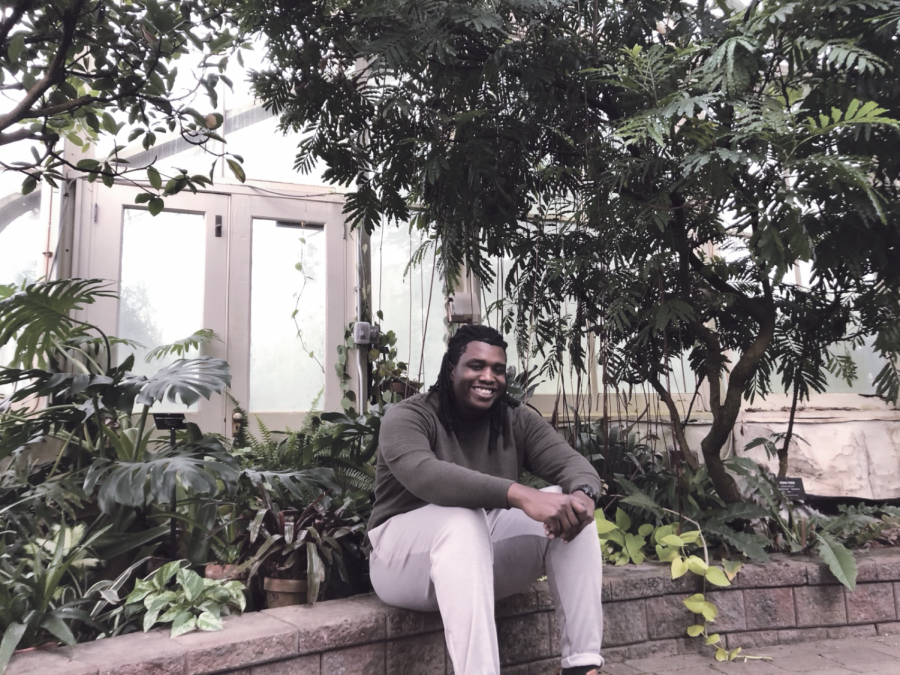
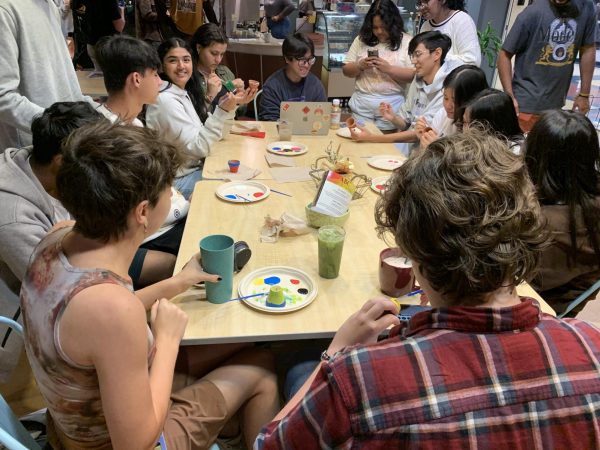
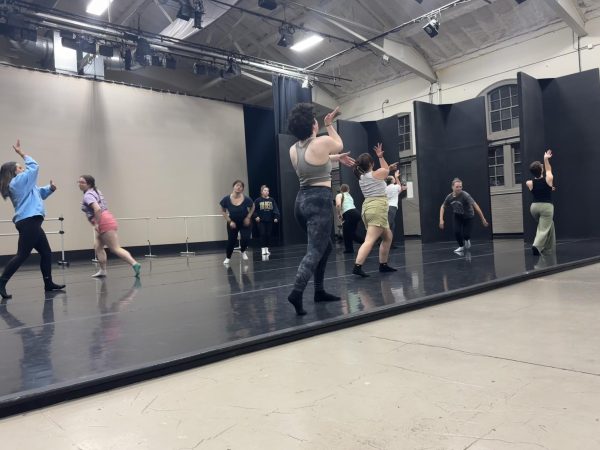
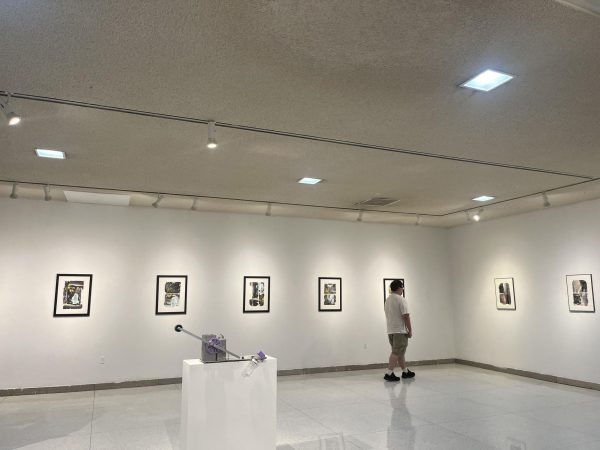
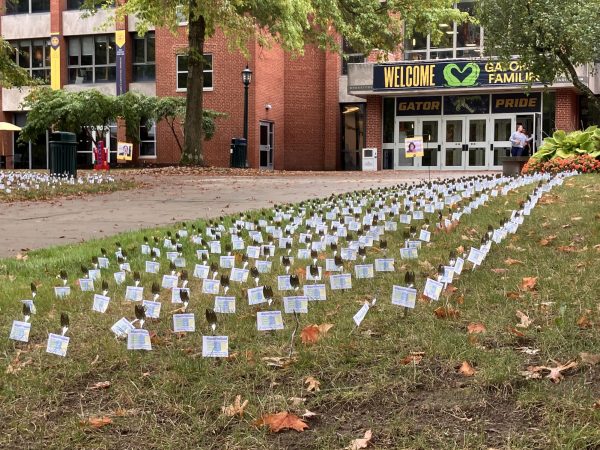
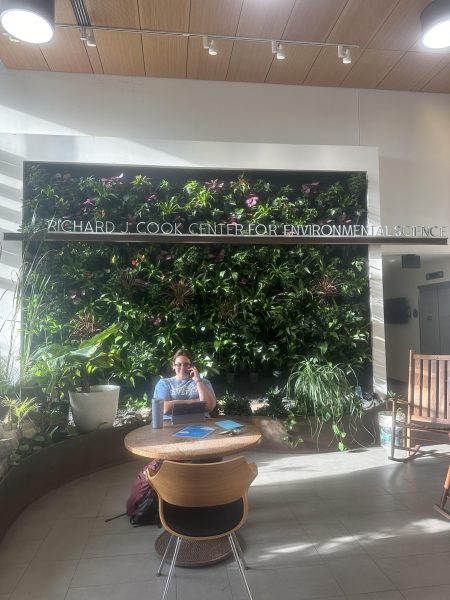

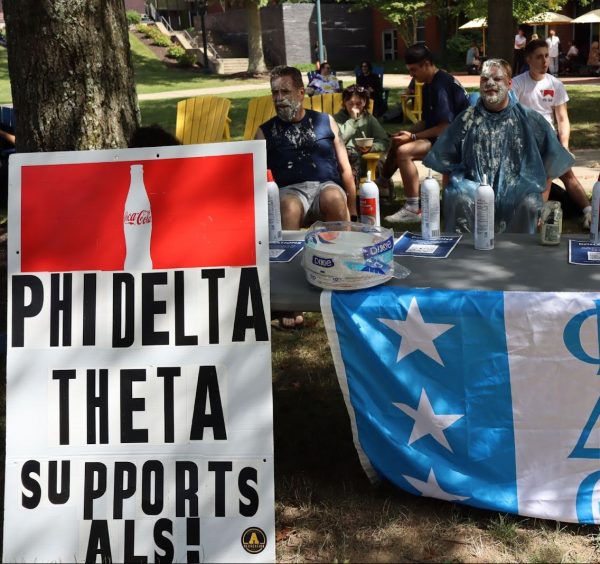
Hannah Firestone • Mar 26, 2021 at 4:52 pm
What a beautiful tribute to a wonderful friend. Brian and I used to eat breakfast together in the mornings my Freshman year, took classes together in the poli sci department, attend club events together, and chat about films and food. I think of him often, of his exceptional kindness, sensitivity, generosity, and compassion. I am a better person because I knew him, and he is and will continue to be greatly missed.
Breanna Garcia • Mar 26, 2021 at 12:13 pm
Such a beautiful piece ?? Brian’s impact will live on forever. ??
Emma Shanabrook • Mar 26, 2021 at 10:48 am
I worked with Brian in the navigator program on campus and although I didn’t know him incredibly well, his smile and laugh was infectious and being around him would make you immediately take a deep breath. He is greatly missed.